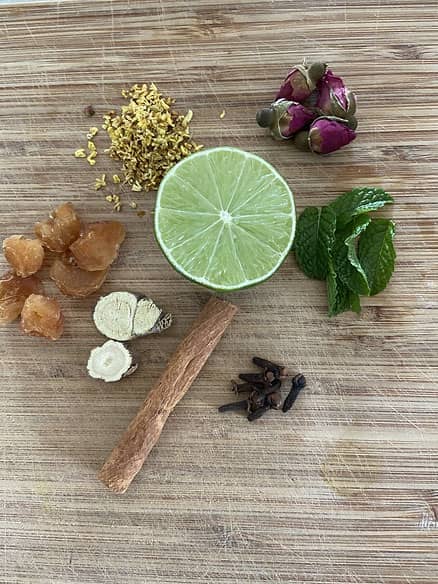Holistic Approaches to Fertility: Integrating Traditional and Alternative Therapies for Optimal Reproductive Health
In the realm of reproductive health, holistic approaches that blend traditional medical treatments with alternative therapies are gaining attention as individuals seek comprehensive and personalized solutions for fertility challenges. This article explores the integration of conventional and alternative modalities in addressing infertility, aiming to provide insights into holistic strategies for optimizing reproductive health.
- Traditional Medical Treatments: Conventional medical interventions for infertility typically include assisted reproductive technologies (ART) such as in vitro fertilization (IVF), intrauterine insemination (IUI), and fertility medications. These approaches aim to overcome specific physiological barriers to conception, such as ovulatory disorders, tubal blockages, or male factor infertility. While effective for many individuals, traditional treatments may have limitations and side effects, prompting exploration of complementary approaches.
- Acupuncture: Acupuncture, an ancient Chinese therapy, involves the insertion of thin needles into specific points on the body to stimulate energy flow and promote balance. In the context of fertility, acupuncture may enhance blood flow to the reproductive organs, regulate hormone levels, and reduce stress, thereby supporting natural conception and improving outcomes of ART procedures. Research suggests that acupuncture may increase pregnancy rates in women undergoing IVF and improve sperm quality in men with infertility issues.
Herbal Medicine: Chinese herbal medicine, rooted in centuries-old traditions, offers a holistic approach to promoting fertility by addressing underlying imbalances in the body. Herbal formulations tailored to individual needs may support menstrual regularity, enhance ovarian function, and improve sperm quality. Herbs commonly used for fertility include Sang ji Shen, Tu Si zi, Xu Duan, Ai Ye and ginseng. However, it’s essential to consult a qualified practitioner experienced in herbal medicine to ensure safe and effective use.
- Nutrition and Lifestyle: Optimal nutrition and lifestyle habits play a crucial role in fertility health for both men and women. A balanced diet rich in fruits, vegetables, whole grains, and lean proteins provides essential nutrients that support reproductive function. Additionally, maintaining a healthy weight, exercising regularly, managing stress, and avoiding tobacco, alcohol, and excessive caffeine can positively impact fertility outcomes. Integrating these lifestyle modifications alongside conventional treatments can enhance overall reproductive health and increase the chances of conception.
Mind-Body Practices: Stress and emotional well-being profoundly influence fertility health. Mind-body practices such as yoga, meditation, and mindfulness techniques offer valuable tools for managing stress, reducing anxiety, and promoting relaxation during the fertility journey. Mindfulness-based stress reduction programs have been shown to improve pregnancy rates in couples undergoing infertility treatments. Incorporating these practices into fertility care can improve emotional resilience and optimize reproductive outcomes.
Holistic approaches to fertility that integrate traditional and alternative therapies offer a comprehensive and personalized approach to optimizing reproductive health. By combining conventional medical treatments with acupuncture, herbal medicine, nutrition, lifestyle modifications, and mind-body practices, individuals and couples facing infertility can address underlying imbalances, reduce stress, and enhance their chances of conceiving naturally or through assisted reproductive technologies. Collaborating with a multidisciplinary team of healthcare providers, including reproductive endocrinologists, acupuncturists, herbalists, nutritionists, and mental health professionals, can empower individuals to navigate their fertility journey with confidence and resilience.




















Leave A Comment